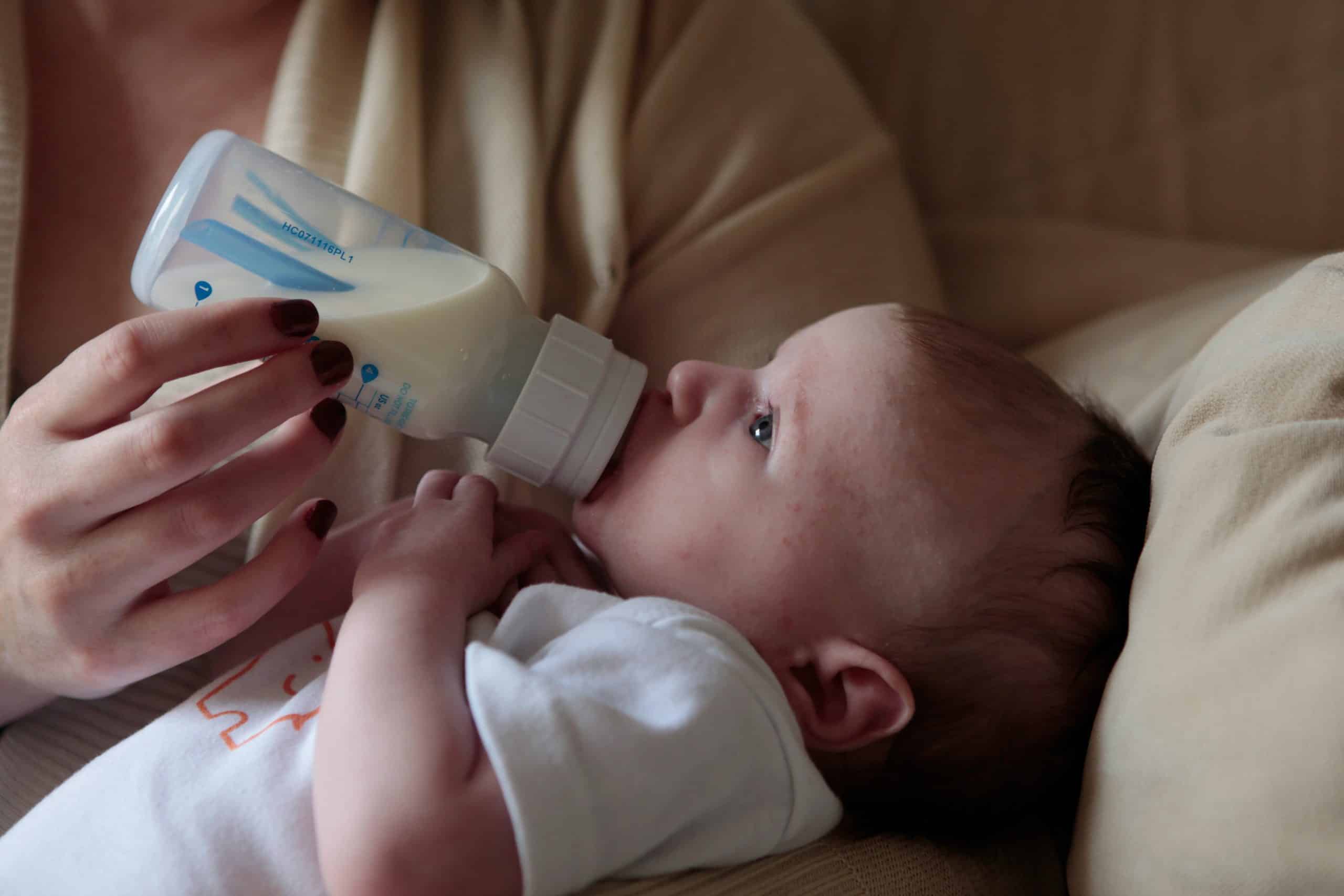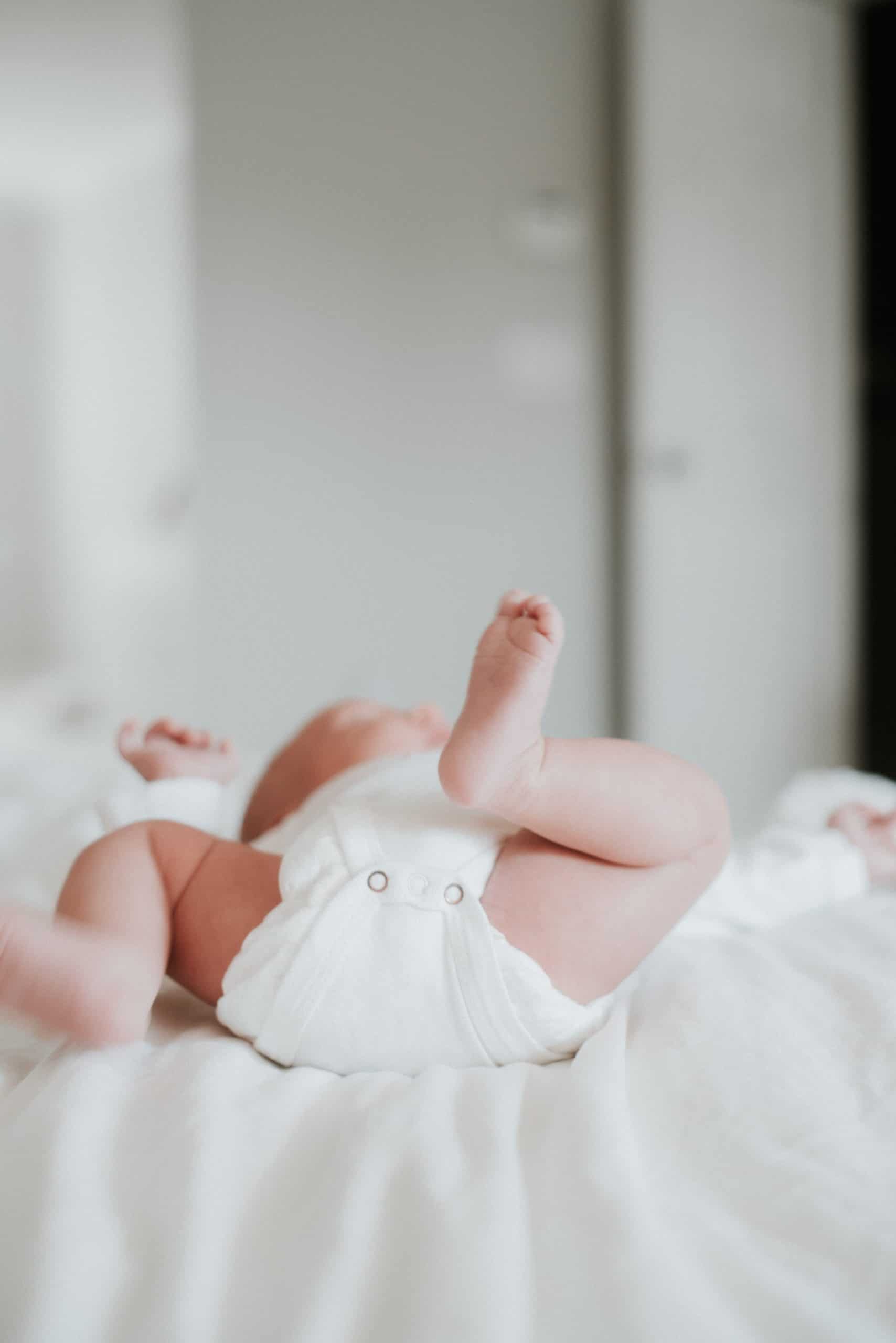There are many feelings both good and bad that come with the birth of your baby.
The baby blues all mothers tend to experience within the first 2 weeks after giving birth, are very normal and connected with your hormones rather than anything else.
Many new mothers feel overwhelmed, stressed and in need of a break at some point when their baby is small. Recognising when this feeling, as well as others, have developed into something more is difficult. Below is a list of the differences between feelings felt by every new mum that are normal, and feelings or symptoms that are likely to be signs that you are suffering from Post Natal Depression and need to see and speak to your health visitor or doctor.
The information below is taken from an article written by an American lady called Kate Kripke. She is a licensed clinical social worker who has her own clinic specialising in the prevention and treatment of perinatal mood disorders including PND and anxiety. She very kindly gave me permission to use details of her article when I spoke to her on the phone and told her about my work and book.
In my opinion the details below give a clear indication to mothers about what are normal feelings and what feelings are related to PND.
Healthy And Normal
Some feelings of overwhelm and anxiety that decrease with reassurance.
*Some ‘escapist fantasies’ (a desire to run away), that occur when the logistics of motherhood are challenging, but go away when your baby is soothed, when you are rested and when you are validated.
*Fears about harm coming to your baby that come and go that you know are not realistic, but that decrease as your experience and comfort with motherhood grows.
*Sleeplessness that occurs from caring for your baby at night, while still having the ability to sleep when your baby is sleeping, or when given the option to rest.
*Fatigue that comes from late night feedings and interrupted sleep.
*Some feelings of frustration towards your partner regarding differences in parenting choices or differing roles.
*Moments of sadness, disappointment or anger towards your parents when reminded of the ways that you were parented, but the ability to hold insight and perspective regarding your own relationship with your baby.
*Feelings of isolation that are caused by the increased time spent with your baby especially when newborn. But also a desire and motivation to connect with others.
*Uncertainty that comes with this new job and building confidence that comes with time.
*A hesitancy and worry that comes with allowing others to care for your baby, but a willingness to do this when you are in need of a break.
*A decrease in eating that is caused by the busyness of being a new mum.
*Temporary body aches and pains that are a result of childbirth and/or feeding.
*Acknowledgement of the challenge that comes with new motherhood, but also the ability to look forward to things getting easier.
*Increases in energy that comes with increases in sleep.
*Feelings of worry about your baby’s ability to latch or feed as you hoped that decreases with feeding improvement, or that shift when a new feeding option is chosen.
*Vulnerable feelings that come and go but that do not alter the way that you think about yourself.
Pnd That Requires Support
*Feeling anxious and overwhelmed most of the time-an anxiety that doesn’t go away with reassurance
*Feelings of regret over becoming a mum that do not seem to go away.
*Repetitive and intrusive thoughts of harm coming to your baby that cause great distress, and that impact on your ability to care for your baby.
*Sleeplessness that occurs due to ‘monkey brain’-anxious thoughts that will not go away.
*A deep fatigue that is not alleviated with rest and/or a desire to remain in bed all day.
*Relentless feelings of anger and rage towards your partner and/or others.
*Resurfacing memories about your own early childhood that cause great distress, anxiety or sadness.
*Loneliness and isolation that occur while also pulling away from those who care about you; a lack of desire or motivation to connect with others.
*Persistent feelings that you are not a good mum or you are not good at doing motherly things, even despite validation or reassurance from others.
*Feelings that your baby does not ‘like you’ because she cries or is not feeding well
*Unrelenting anxiety about having others help care for your baby, and a deep fear and inability to let go of some of this control.
*Thoughts of hurting yourself.
*Lacking appetite or a need to keep eating despite being full.
*Body aches and pains with no apparent cause.
*Never ending feelings that you will never feel better.
*Sudden increase in energy that occurs despite a decrease in sleep; this may or may not include seeing or hearing things that aren’t really there.
*A general feeling of ‘not feeling like yourself.’
Postpartum Depression is just one of the many Postpartum Mood Disorders. Other categories include: Postpartum Anxiety, Postpartum Panic Disorder, Postpartum OCD, Postpartum PTSD, and Postpartum Psychosis (affecting .1-.2% new moms many of who have a prior history of Bipolar Disorder). They can develop anytime within the first 12 months after your baby’s birth.
Every single postpartum mood disorder, including postpartum psychosis, is treatable and women who seek help and follow treatment recommendations do get better.
Treatment
You should seek treatment if any uncomfortable or vulnerable feelings persist for longer than 2-3 weeks-especially when they interfere with your ability to meet your basic needs and /or live your life as you would like to.
Motherhood is challenging for all of us, but it should not be consistently distressing or miserable. If you are finding yourself wondering if what you are struggling with is ‘normal,’ a good question to ask yourself is-‘is this normal for me when I am well?’ If it is not, then there is help waiting- you do not need to suffer through the symptoms of PND. Help is available and it is important that you ask for it if you are feeling overwhelmed, as even though you may not feel like things will ever improve, they most definitely will if you seek help.
References
Kate Kripke Article. May 2012- The difference between Normal Postpartum adjustment and PPD.



